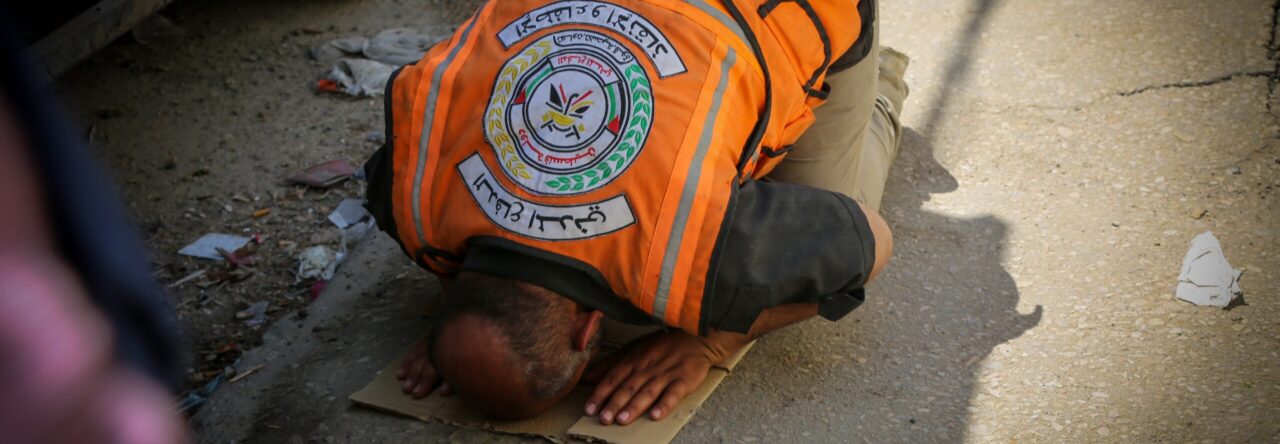Maybe you got hit by the habit bug too, but last year, it seemed that talking about good habits was everywhere. Every Youtuber had a video about it. Countless articles were posted. And James Clear’s Atomic Habits was impossible to check out of any library for months.
I admit, I caught the bug.
But that’s a good thing right?! Especially if it can help improve my salah …
So for this year, during the Ramadan workshop, we are going to focus on something I learned from James Clear’s book mentioned above: Reflection …
Yes, Reflection 🙂
Towards the end of his book, Clear mentions that a big downfall of creating good habits is just that: they become habitual. Habits become so routine, they stop offering the personal growth that made them so valuable at their inception. Habits become automatic – and therefore lifeless. He went on to talk about the importance of maintaining a clear routine of reflecting on your habits – to breathe new life into them and to allow yourself to continually evolve them. Reflection is an important key to transforming habits from routine to ritual.
Before we get ahead of ourselves though, what is reflection exactly?
Reflection is the intentional process of thinking about our experiences. For example, explaining our experiences, summarizing them, or being able to connect them to our other experiences are ways in which we reflect. This reflection can be shared with another person or can be made to our own selves. It can be a formal process with journaling and surveying or it can be a simple thought stream you do alone. Studies have shown that just by asking participants to think about the learning they did, learning can improve.
Reflection is a powerful tool, no doubt. But, when it came to prayer, the question of how to do that reflection and how to do it well remained elusive. How does one maintain a practice of reflection that is dynamic and effective?!
